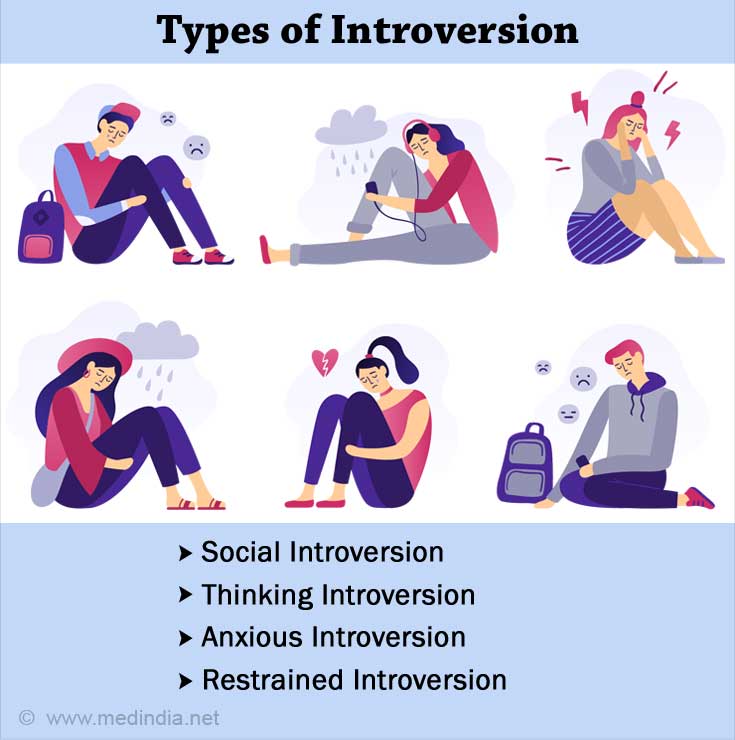The Understanding of Introversion
Embracing Your Natural Wiring
Being an introvert or an extrovert refers to where individuals fall on the spectrum of preference for either solitary or social stimulation. While extroversion is often seen as more favorable in today’s social world, both personality types are equally normal. The healthiest approach is to accept how we are naturally wired and find fulfillment accordingly. Introverts gain energy from alone time and internal reflection, while extensive social interactions can be draining. Their ideas and responses may take more time to formulate internally before expressing. This should not be seen as lacking confidence, but rather a difference in processing information. With space for contemplation, introverts can offer thoughtful insights when they do choose to engage. Rather than perceiving introversion as a weakness, we would do better to embrace our natural tendencies and understand others may be wired differently. When we make room for diverse personality styles, all parties can feel respected and motivated to contribute in their own way.

The Development of Introversion
While introversion has innate roots, both genetics and environment shape its expression over time. Early life experiences within one’s family and culture can influence one’s temperament and confidence in social situations. As children mature, observing differing social norms helps define their preferences and interests. As individuals gain self-awareness, they may notice certain settings feel more energizing or draining. Seeking activities that match their needs helps them flourish. Introverts especially benefit from accepting solitude as normal rather than something to be cured. With compassion for oneself, focus shifts to personal growth rather than others’ perceptions. Major life changes like pursuing ambitious goals can redirect one’s priorities and social circle. This redirection is natural if it aligns with one’s values rather than avoidance of discomfort. Overall well-being comes from honoring how we are wired internally while still connecting meaningfully on our own terms.
Expressing Introversion Constructively
While introverts recharge through alone time, isolation is not healthy long-term. Maintaining a balance by still participating socially, even if to smaller degrees, is important. When an introvert does engage, preparation allows them to contribute more confidently. Sharing with close friends and small groups feels most natural. With practice, public speaking can become less anxiety-provoking through rehearsal and focusing on message over nerves. Introverts also excel at listening attentively and remembering key details in conversations. Expressing feelings and opinions takes reflection, but keeping thoughts private risks others assuming a lack of care. Introverts benefit from learning concise ways to assert boundaries and provide encouragement in their own style.Overall health comes from accepting oneself fully while still stretching comfort zones gradually.
Advocating for Introversion
Even as understanding spreads, many introverted traits remain misunderstood in an extroverted world. Subtly educating others builds compassion. Introverts gain confidence by acknowledging their valuable perspectives and natural talents, like concentrated focus, nuanced thinking, and self-sufficiency.
Rather than feeling broken for needing solitude, introverts can recognize it as recharging. Their thoughts tend to be well-formulated due to reflection rather than impulsiveness. Introversion should never be seen as a problem to fix, but rather respected as a normal human variation needing different support.
As introverts advocate confidently for themselves, they empower others. Together, both personality types appreciate each other’s strengths and accommodate variations. A society embracing diverse styles allows everyone to thrive on their own intuitive terms. Overall well-being emerges from acceptance on an individual level and community-wide.
